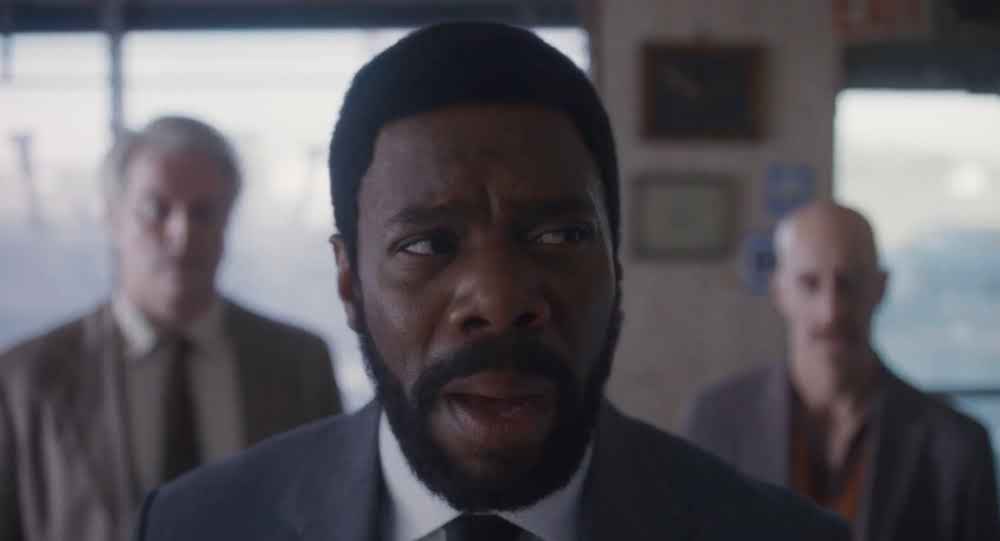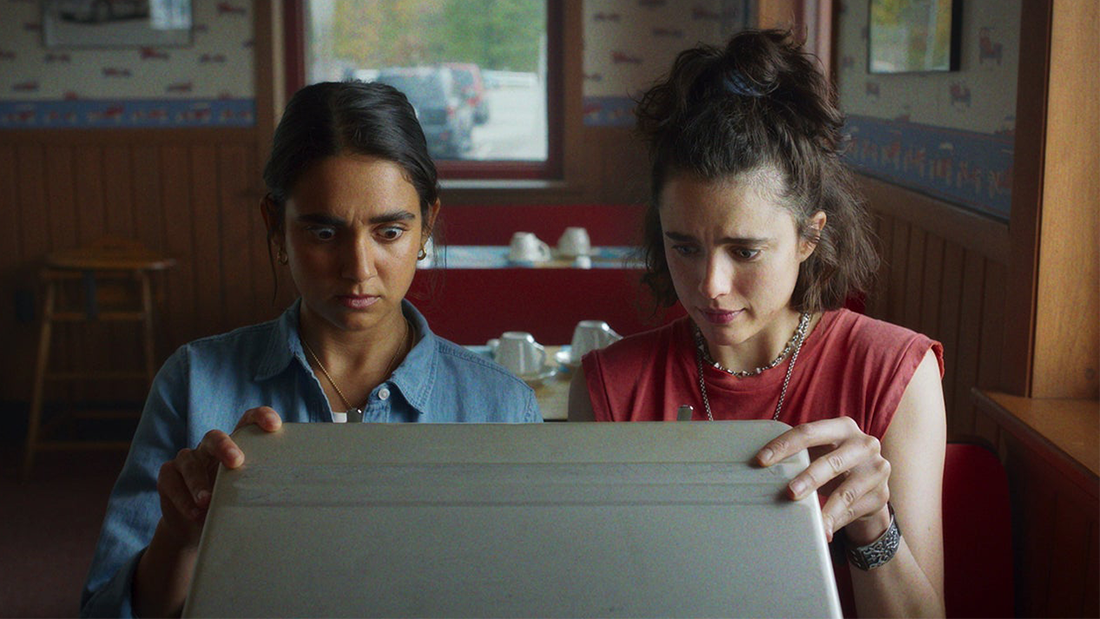The Coen brothers have each made a movie apart since the last time they made one together, and it’s given us some indication who was more responsible for the differing tones in their previous films – if that sort of extrapolation isn’t assuming too much. In 2021, Joel Coen made his black-and-white Shakespeare adaptation The Tragedy of Macbeth, recalling the brothers’ darker work like No Country for Old Men and The Man Who Wasn’t There. In 2024, Ethan Coen has made Drive-Away Dolls, which is in the more familiar mode of their zanier efforts, where at least one character is a stand-in for Bugs Bunny or the Roadrunner.
Well, Joel may not have needed Ethan, but it looks like Ethan needs Joel. While The Tragedy of Macbeth was a distinct vision that played out with exceptional technique, Drive-Away Dolls is a misshapen misfire with its volume turned up to 11. Margaret Qualley is the Bugs Bunny stand-in here, and her every gesture is bugged out and drenched in overdone Southern twang. Now, Qualley was actually raised in the south – not unlike her mother, Andie MacDowell – but her amped-up lesbian Jamie drops so many “darling”s and “sugar sweet”s that she plays like a parody of the entire region.
Which, to be fair, has worked for the Coen brothers before. In 2024, not so much. Ethan is to be commended for making a movie whose sapphic subject matter is so very text rather than subtext, but it’s almost like a 70-year-old’s idea of edgy or titillating subject matter – which is appropriate, since the younger Coen is only four years from that landmark birthday. If not for Geraldine Viswanathan’s Marian balancing things out as the only non-sex-crazed lesbian we meet, Drive-Away Dolls might have gone down a lot worse.
The two are just friends – at the start, anyway – and share a common desire to leave Philadelphia. The free-spirited Jamie has just gotten kicked out of the house of her police officer girlfriend, Sukie (Beanie Feldstein), having been caught cheating, and Marian has the more bookish goal of a trip to go birding with her aunt in Tallahassee. Jamie decides Tallahassee is as good a destination as any, and the young women decide to do a drive away – a job where they relocate a car to a different city and thereby get free passage to that city.
As it happens, the guy running the drive-away shop, Curlie (Bill Camp), has just taken a special phone order for a car to Tallahassee, and is surprised to see the two women arrive moments later to claim it. Seeing no reason to doubt that they were the specified drivers – I mean, who drives from Philadelphia to Tallahassee? – he turns over not only the keys to the car, but the hidden cargo in place of the spare tyre: a briefcase that already cost a man his life in the opening scene. When the real customer (Colman Domingo) turns up flanked by two flunkies (C.J. Wilson and Joey Slotnick), it’s bad news for Curlie, and potentially bad news for Jamie and Marian if their pursuers catch up to them.
Before dissecting the many things that go astray in Drive-Away Dolls, let’s look at a thing the film gets right. This is the first lead performance for character actor Viswanathan, who has had supporting roles in a lot of comedies but has finally been promoted to the big time. Marian dresses like a school marm and reads Henry James novels, and her life-sized characterisation is a direly needed relief from all of Qualley’s mugging. She’s really soulful here, and the most correctly regulated consideration of her sexuality can be seen in flashbacks to her childhood when she first spotted a neighbour in the nude. Would that this movie had more room for that sort of thoughtfulness and less room for jokes about dildos.
Yes the dildo jokes are plenty. Coen may be experiencing a certain liberation here, as this is almost certainly the first film of his that has featured a dildo, let alone the approximately 40 dildos that make different appearances. But if he’s hoping to recapture the anarchic glory days of his career and believes this is the way to do it, that’s miscalculation #1.
Miscalculation #2 – and #3, and #4, and so forth – has to do with the actual narrative bones of this script, co-written by Coen and his wife, Tricia Cooke. Drive-Away Dolls is, not surprisingly, structured as a road movie, but it makes so little use of the expected beats of this template that it might as well have gone with a different central conceit altogether. As a sign of how rushed this film feels, the first time the women make reference to their geography they are already in Georgia, which is some 1,200 kilometres from Philadelphia. There’s theoretically a ticking clock to deliver this car and its package in time, but those stakes come and go without consequence either.
The temptation is to praise Drive-Away Dolls for lasting a mere 84 minutes, in an era when excessive bloat is much more likely, but the experience of watching the movie, including its abrupt ending, prompts a person to wonder if they just stitched up what they had and threw it out there. (Critics screenings in the U.S. were last-minute affairs, if held at all.) Certain plot developments are simply head scratching in terms of their slapdash presentation and lack of cleverness, which is especially dispiriting given that cleverness was once the calling card of these brothers.
Perhaps the lamest non-starter is what is in that briefcase, hidden from us for a time in the style of Pulp Fiction. The eventual reveal prompts wonderings what all the fuss was about, given the lack of likelihood that it would be damaging to the concerned parties in an era of fake news. But oh wait, this does take place in 1999, which was both a different political time, and the last time any of this would have felt fresh or funny.
Drive-Away Dolls is currently playing in cinemas.



